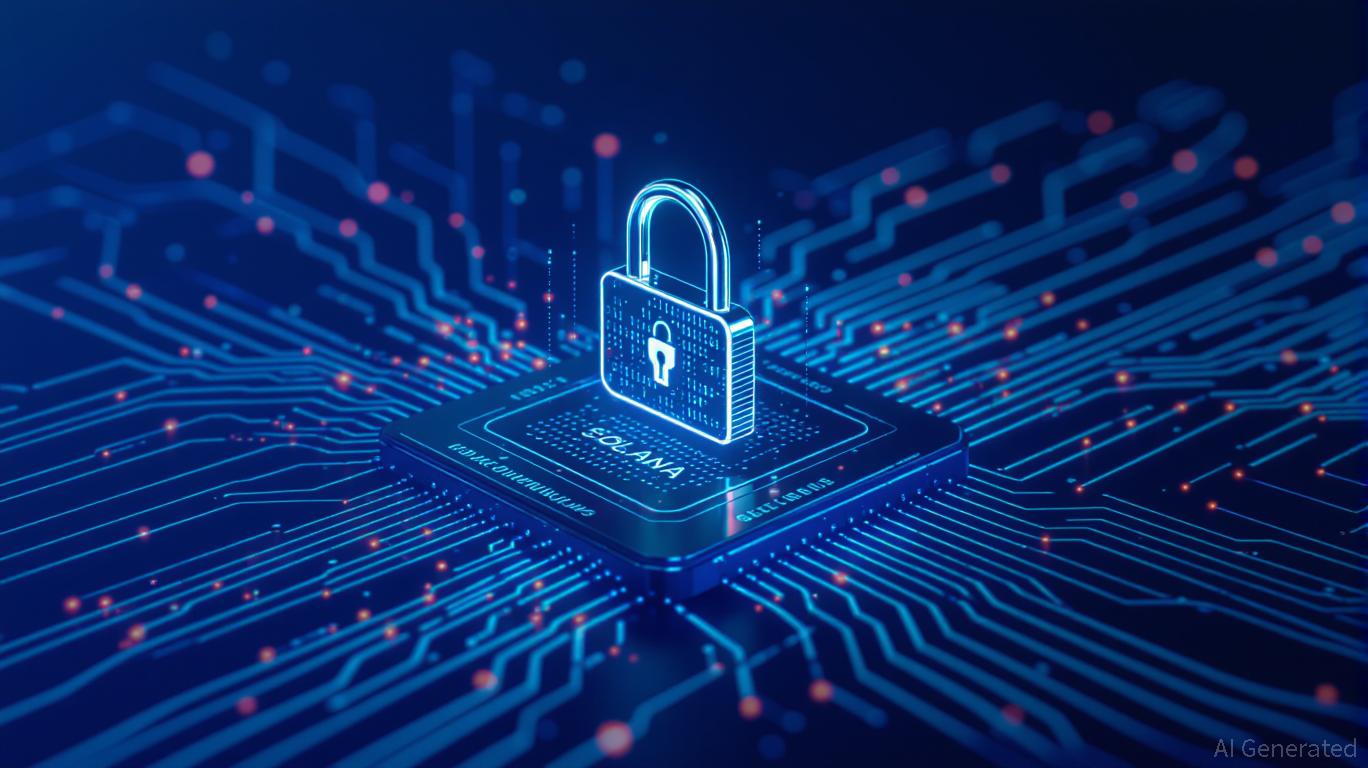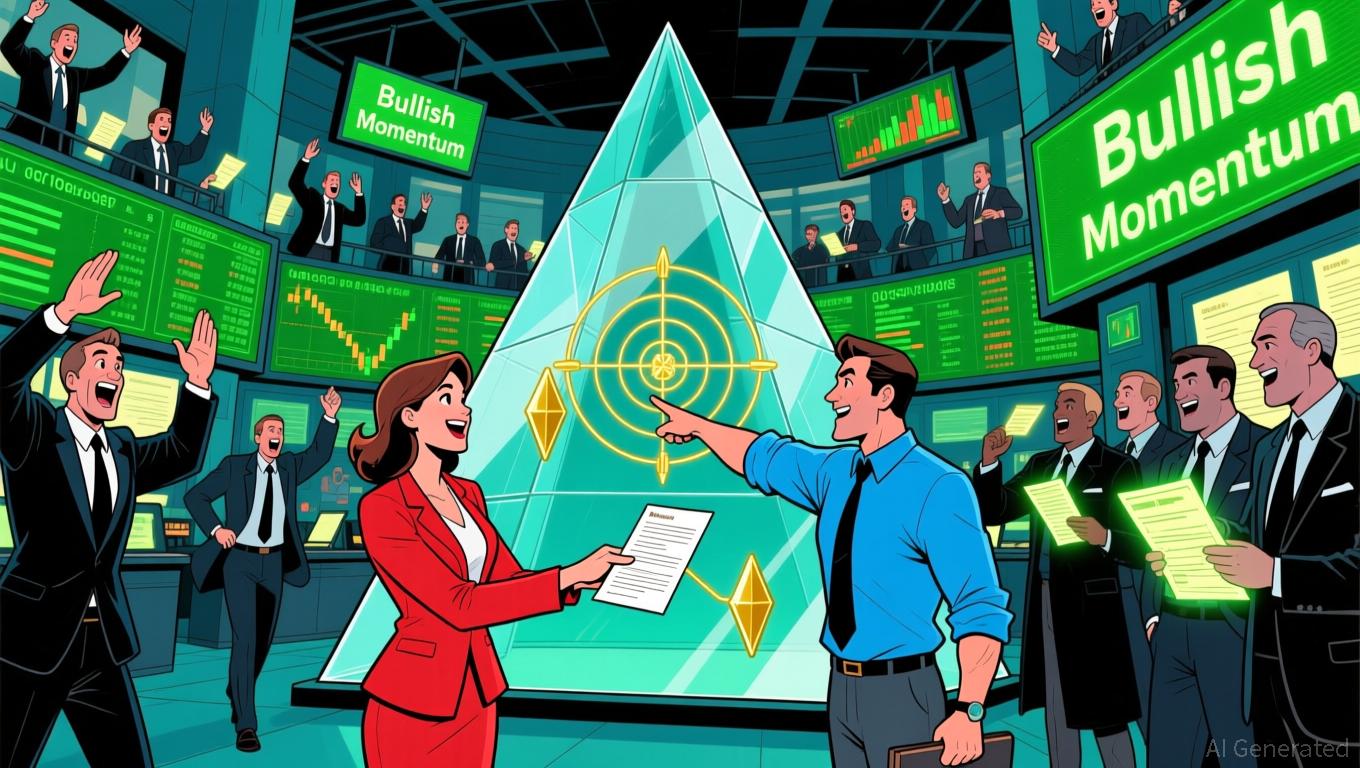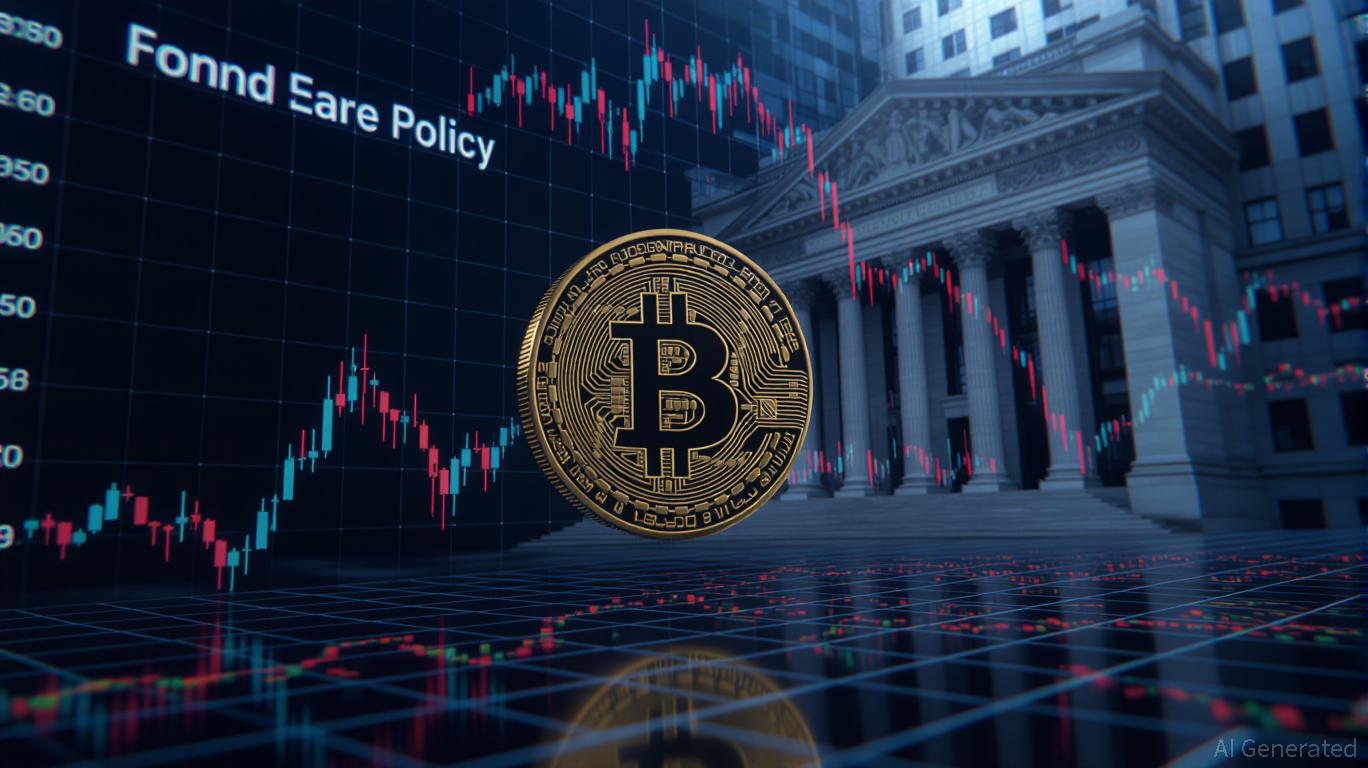DeCharge partners with Tesla Owners SV on community-owned EV charger
Key Takeaways
- DeCharge is a Solana-based platform focused on community-owned electric vehicle (EV) chargers.
- The company has partnered with Tesla Owners SV.
Share this article
DeCharge, a Solana-based platform enabling community-owned EV chargers, has partnered with Tesla Owners SV, a Silicon Valley-based Tesla community group, to expand community-driven charging infrastructure.
The collaboration allows Tesla community members to participate as both builders and hosts in DeCharge’s network, which converts idle spaces into income-generating charging assets through fractional ownership models.
DeCharge’s platform enables users to earn passive income by installing and managing EV chargers in high-demand areas. The system allows individuals to monetize unused spaces while supporting electric vehicle adoption through community-powered infrastructure.
Share this article
Disclaimer: The content of this article solely reflects the author's opinion and does not represent the platform in any capacity. This article is not intended to serve as a reference for making investment decisions.
You may also like
SEC Weighs Blockchain Advancements Against Regulatory Prudence in Stock Tokenization Discussion
- Nasdaq seeks SEC approval to tokenize stocks via blockchain, enabling tokenized shares to trade alongside traditional equities on the same order book. - The proposal maintains regulatory continuity by retaining CUSIP identifiers, DTC custody, and compliance with Regulation NMS, while blockchain serves as a settlement layer. - SEC remains cautious, stressing tokenized assets must adhere to existing securities laws and addressing technical challenges like custody keys and short-sale mechanics. - Critics wa

Solana's Latest Price Fluctuations and Market Impact: Addressing Network Safety and Smart Contract Challenges in Fast-Paced Blockchain Systems
- Solana's high-speed blockchain faced 2022-2024 security breaches including Wormhole bridge exploits, oracle manipulation, and supply chain attacks, eroding investor trust. - Major incidents exposed systemic risks in cross-chain infrastructure, centralized oracles, and third-party dependencies, prompting governance upgrades like stricter audits and spam filters. - Investors shifted toward structured yield frameworks (e.g., SolStaking) prioritizing transparency and regulated custodians to mitigate risks am

XRP News Today: XRP's Upward Surge Continues Despite Challenges as ETFs and Derivatives Indicate Robust Growth
- XRP's price rebound above $2.20 and ETF listings (XRPZ, GXRP) signal strong institutional adoption and bullish momentum. - Technical analysis highlights descending triangle patterns and Fibonacci targets ($2.26-$3.23) as key resistance levels for potential breakouts. - Derivatives data shows aggressive long positioning (Binance ratio 2.6) and 57% options open interest growth, indicating sustained market optimism. - Regulatory risks and altcoin volatility persist, but ETF-driven liquidity and institutiona

Bitcoin’s Abrupt Price Swings in Late 2025: Major Economic Drivers and the Strength of Institutional Players
- Bitcoin's late 2025 volatility stemmed from Fed rate-cut expectations and Trump-era tariff uncertainty, triggering a $16B liquidation event. - Institutional investors maintained BTC holdings, leveraging ETFs and regulatory clarity to navigate market turbulence. - Regulatory tailwinds, including ETF approvals and tokenized structures, bolstered strategic positioning in crypto-related equities and hedging tools. - Corporate entities increased BTC allocations by 8.4% amid reaccumulation phases, contrasting

